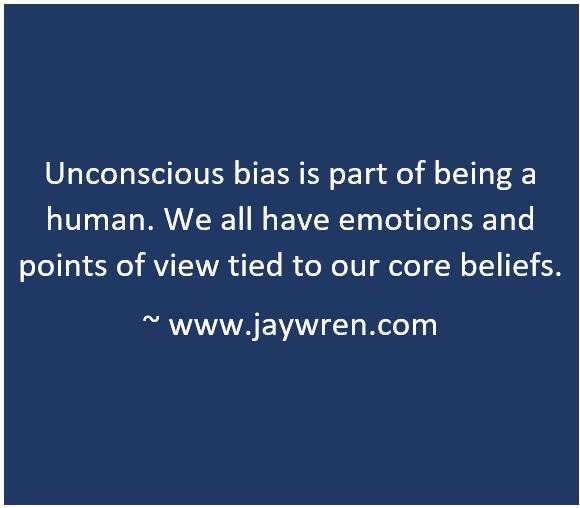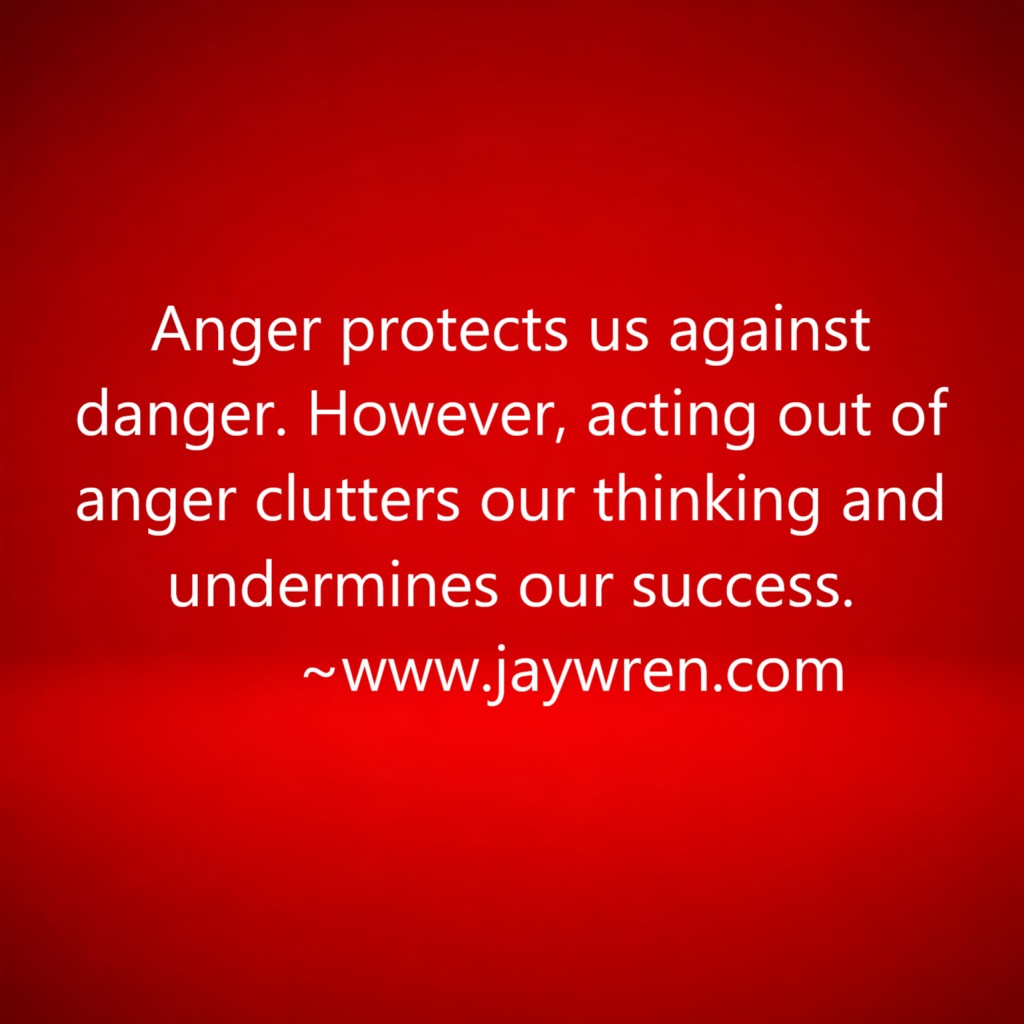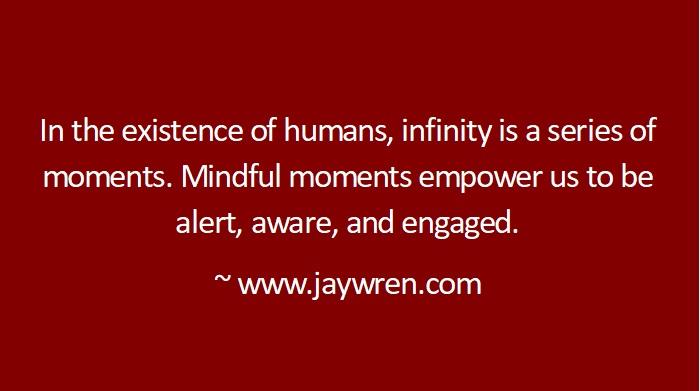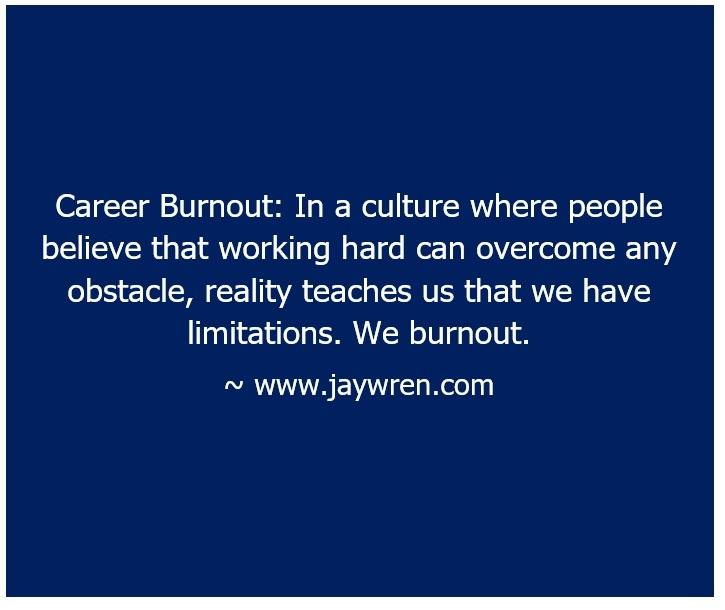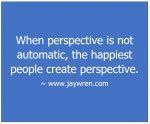Unconscious bias is part of being a human. We all have emotions and points of view tied to our core beliefs. These core beliefs affect how we think and feel about everything in our life. How can we make our bias an asset?
Our biases lead us to seek out or even create an environment that reinforces our beliefs. We build our daily activities around people, places, and things that make us feel safe and bring us comfort. As a result, in our daily lives, we don’t broaden our point of view. Instead, we harden our biases.
Surrounding ourselves with people we like is normal. People who look and think the way we do become our friends. Following our biases, we become a member of a group that helps us advance our interests.
Therefore, in this case, unconscious bias is a good trait.
The Risks of Unconscious Bias
The painful triggers from our biases make us angry, even before we fully understand the situations that trigger us.
In these cases, unconscious bias is a thief. It steals our happiness. We not only suffer fear and anger. These feelings can hijack our judgement. They can damage relationships and put us in pointless confrontations.
Likewise, the pleasant triggers put us at risk of accepting and even doing things that are not always in our best interest. We fail to see the benefits of changing our beliefs and, therefore, our behavior.
Pause Before Acting
When unconscious bias triggers our emotions, we can do and say things that we soon regret. Rather than risk harming ourselves socially and professionally through hasty reactions, we can do things to deal with the feeling before we act.
Here are some ways that we can pause before acting.
- Step away from the situation. Literally go to another location.
- Take a deep breath.
- If you are in a situation where a person is pressing you to act, ask for time to think.
- Write our feelings in a private note, but never send angry letters or emails. Simply writing can take the sting out of painful feelings.
- Discuss the situation with a person who is not involved in the problem.
- Realize that doing nothing is, in some cases, the best way to handle a situation that stirs our bias.
The mere awareness of acting out of anger is a signal that we are at risk of increasing the size of a problem. Accept this awareness and pause before acting.
Understanding Unconscious Bias
By understanding our unconscious bias, we can grow. We can learn ways to make better decisions. We can become more effective as a friend, co-worker, or leader. Our lives can become more rewarding and happy.
